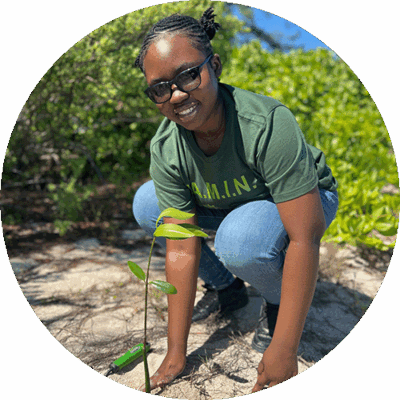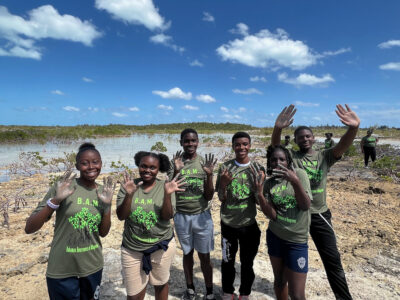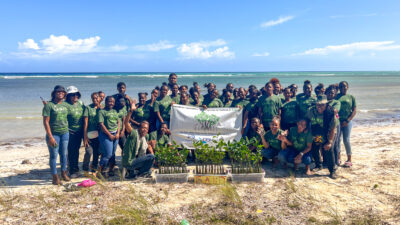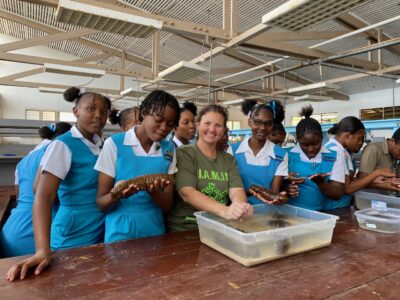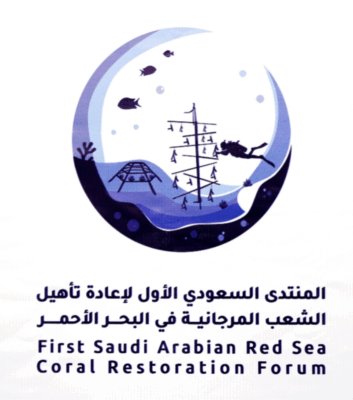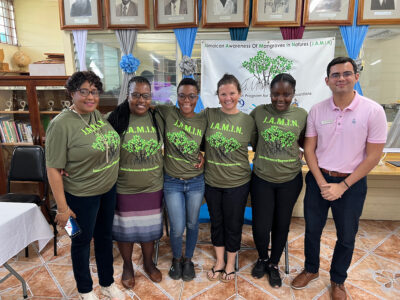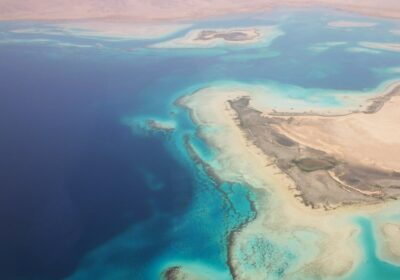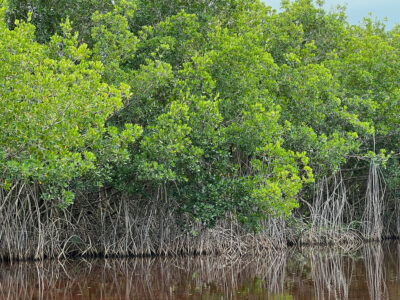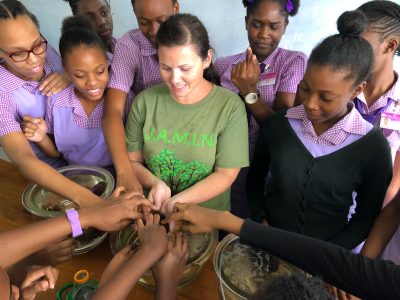
J.A.M.I.N. Turns 10! A Celebration of Science, Stewardship, and a Decade of Impact
Ten years. Thousands of students taught. Thousands of mangrove seedlings propagated and planted. Countless memories. This past April, we proudly celebrated the 10-year anniversary of J.A.M.I.N. (Jamaica Awareness of Mangroves in Nature), marking a decade-long journey of empowering Jamaican youth through

